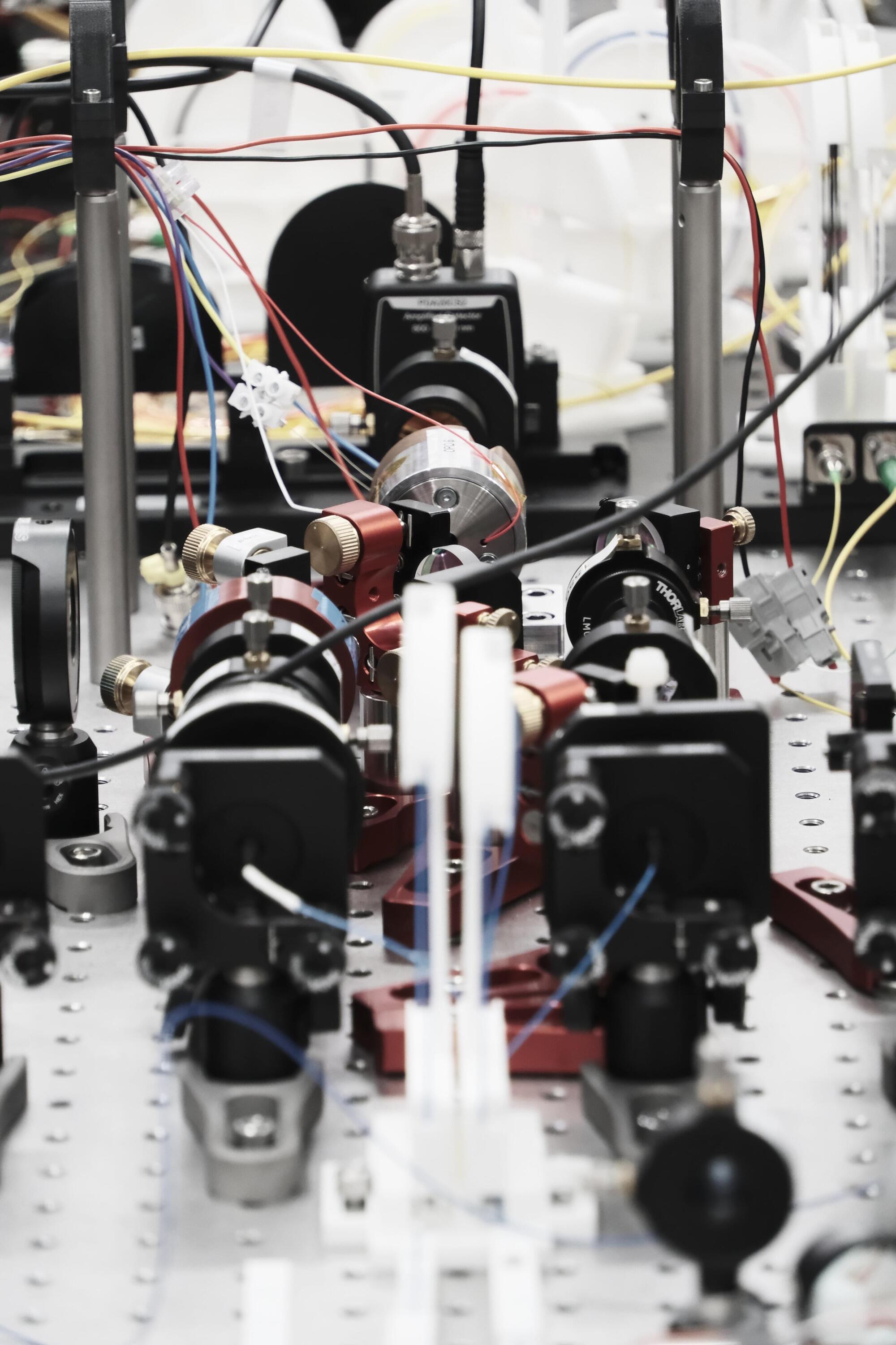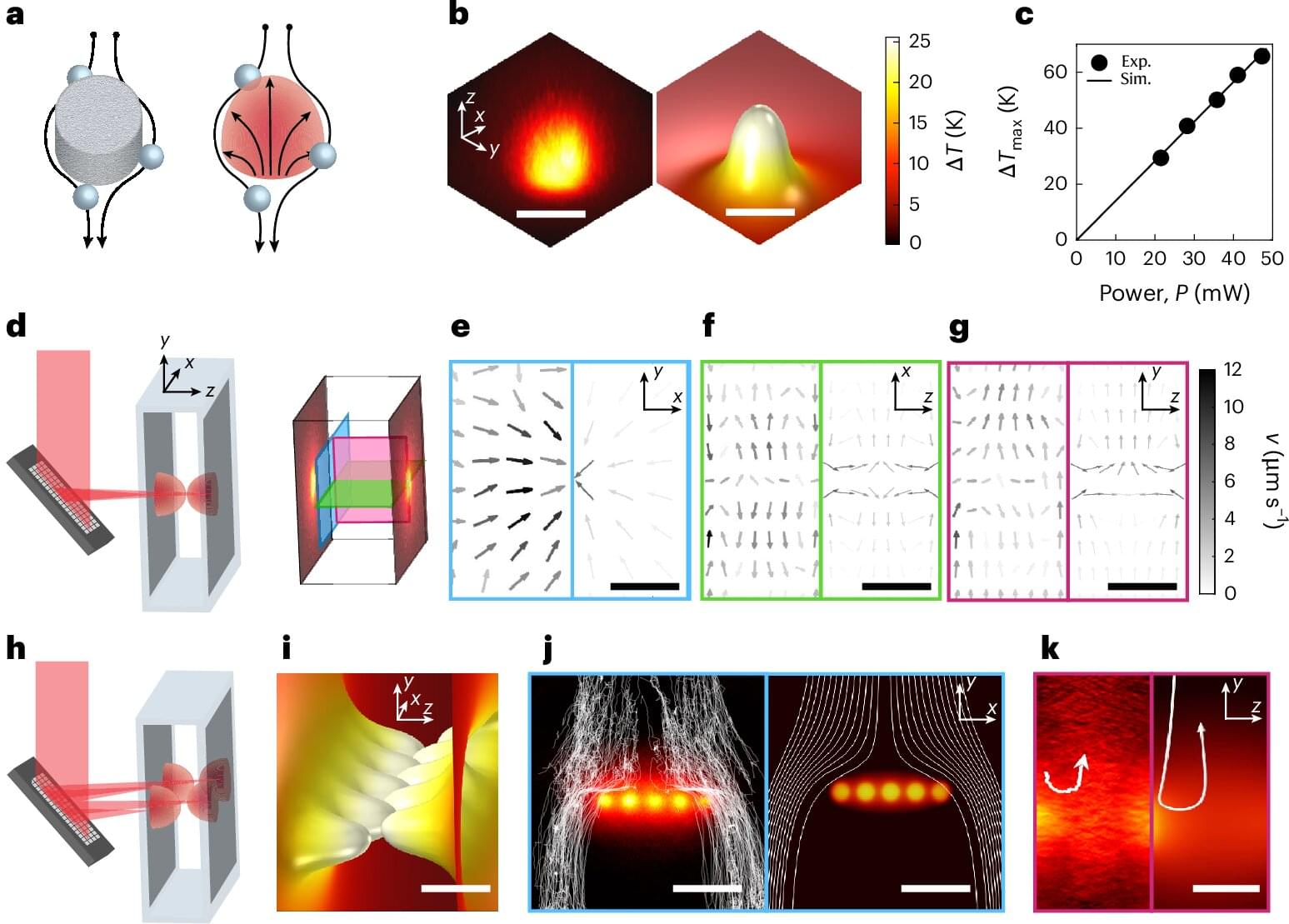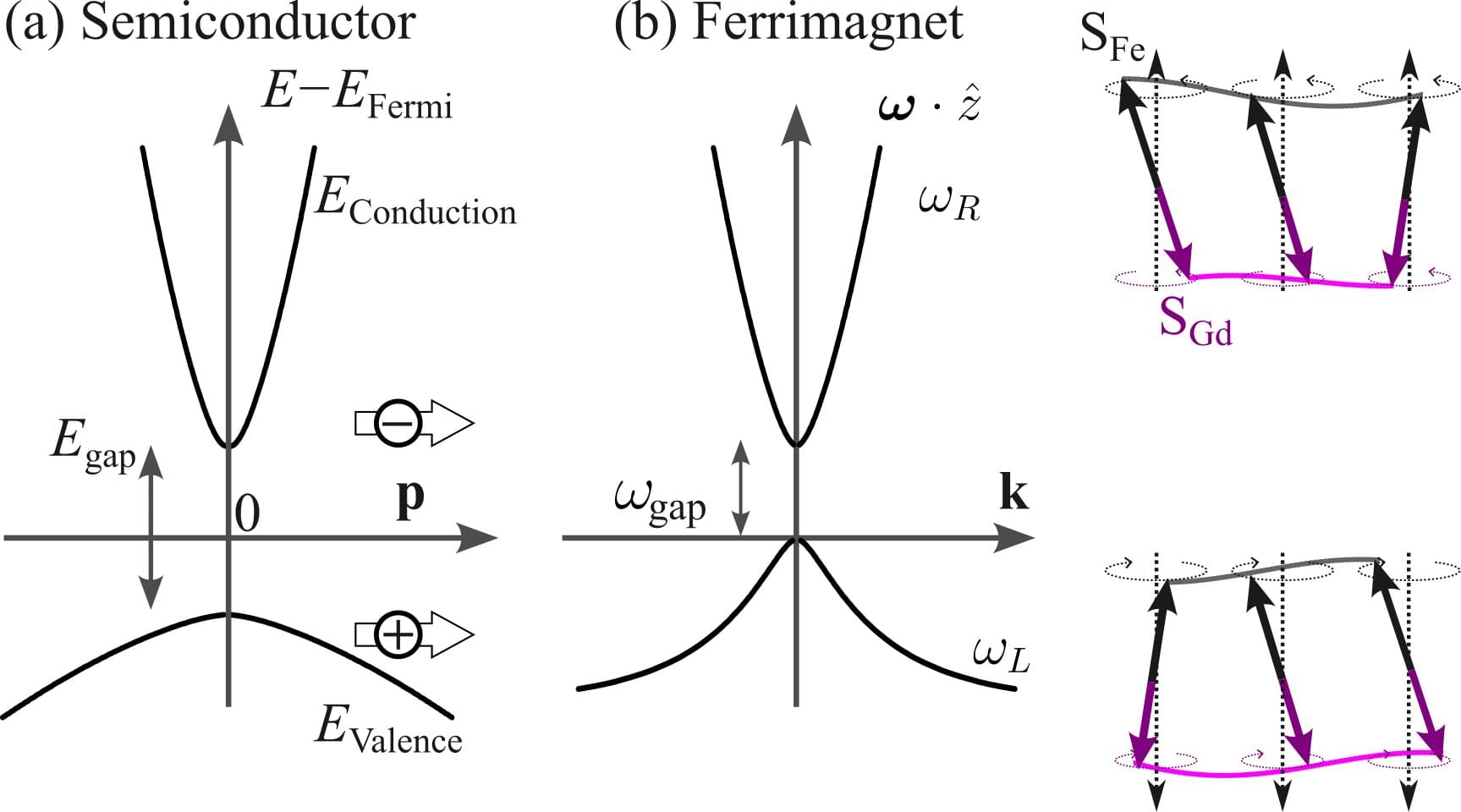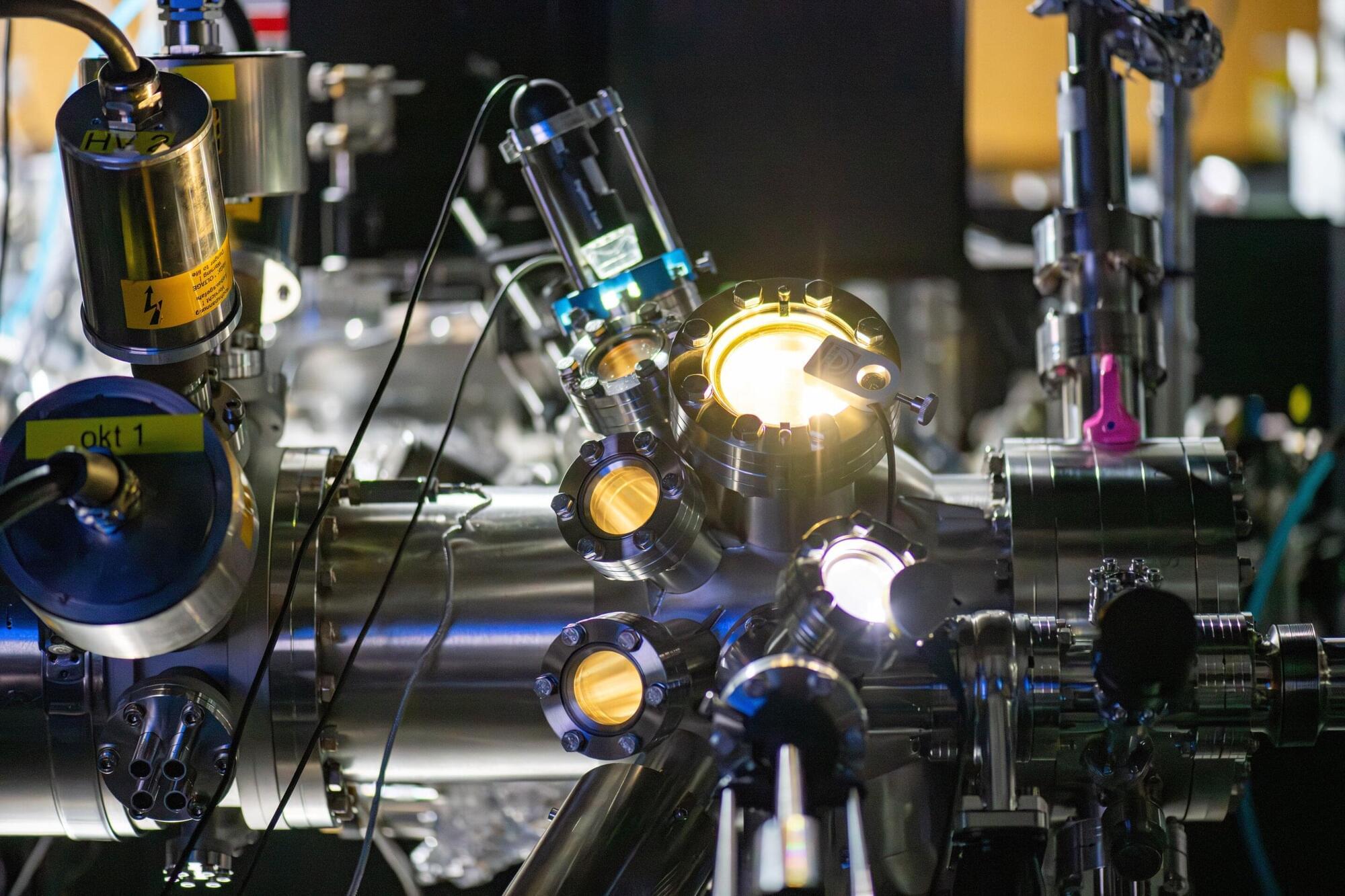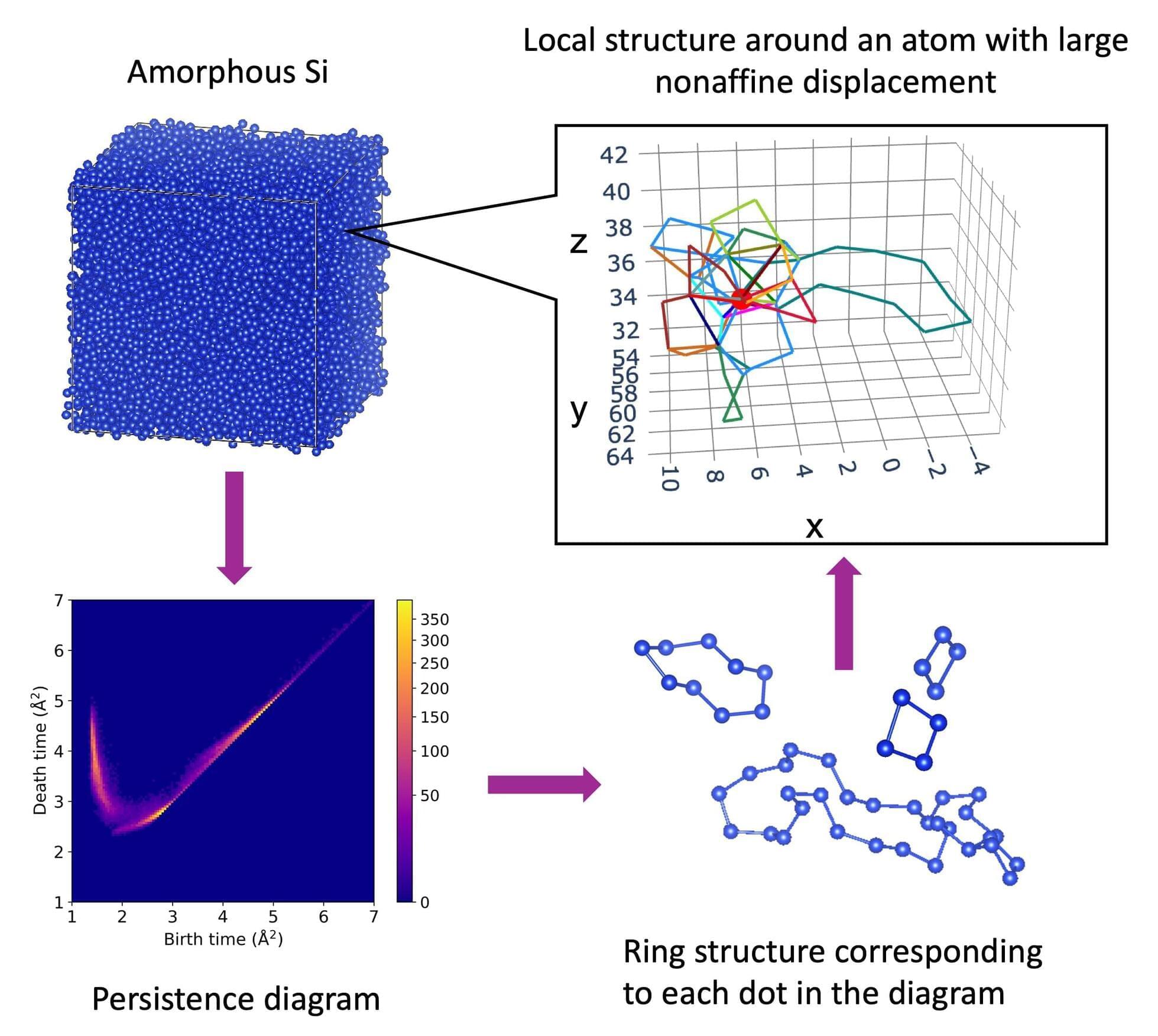Amid high expectations for quantum technology, a new paper in Science reports a proven quantum advantage. In an experiment, entangled light has allowed researchers to learn a system’s noise with very few measurements.
Researchers at the Technical University of Denmark (DTU) and international partners have demonstrated that entangled light can cut the number of measurements needed to learn the behavior of a complex, noisy quantum system by an enormous factor.
“This is the first proven quantum advantage for a photonic system,” says corresponding author Ulrik Lund Andersen, a professor at DTU Physics. “Knowing that such an advantage is possible with a straightforward optical setup should help others look for areas where this approach would pay off, such as sensing and machine learning.”
